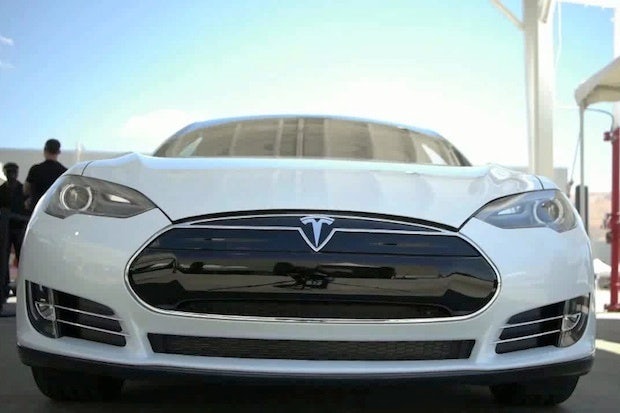
Yesterday, Bloomberg published an interesting “Chart of the Day” article comparing U.S. electric vehicle (EV) maker Tesla to Chinese SUV manufacturer Great Wall Motor Co., pointing out that Great Wall’s high gain in shares proves “that sport utility vehicles prove more profitable than electric cars costing four times as much.” Tesla saw a major stock jump of 16.5 percent after the article was written, but at the time of publication, Great Wall shares had jumped 717 percent, exceeding Tesla’s 630 percent since 2010.
Although the companies were compared over the same time period, there are several reasons it's premature to stack them against each other, especially when you take a look at each of their positions in the China market. Here are some of the main reasons:
Electric vehicles are in an experimental phase in both China and abroad.#
While the point of the article appears to be that middle-class, gas-guzzling SUVs are going to prove more profitable in China and thus a better investment in the years to come, it pays to point out that Great Wall has been experimenting with its own electric models. The company has been around for 27 years longer than 10-year old Tesla with decidedly successful sales, yet it is still looking at EVs for its next phase of business. In 2011, the company inked a deal with California-based lithium-ion battery developer Coda Automotive, and in May 2012 revealed an electric-gasoline hybrid concept. Electric cars have a long way to go in China in terms of infrastructure, but the fact that the company that’s supposed to be doing so much better than Tesla on a different business model is strongly considering EVs shows there might be more promise for them in the future.
Tesla is just starting to test the China market.#
The comparison between the two companies is also based on completely different markets—while Great Wall is available in other countries, its main market is China, while Tesla only opened its first mainland showroom this fall. Most luxury car companies see China as their savior for keeping growth rates high well into the foreseeable future, but Tesla’s unique business model means that it’s taking a completely different approach in the country. Company CEO Elon Musk has publicly admitted that China is a “wild card” for the company in the future.
Tesla plays by a different set of rules in China.#
Tesla is decidedly a status symbol both abroad and in China, meaning its plan is to cash in on rising incomes much more than rising demand for EVs. The Bloomberg article notes that Tesla’s price “ranges from $70,000 to more than $100,000, compared with $15,700 to $24,100 for Great Wall’s bestselling Hover H6 SUV.” With China’s notoriously high import tariffs, Tesla cars are actually significantly more expensive for mainland buyers—the first China customer to buy the car’s Model S paid an estimated $410,000 for it. In addition, EVs produced in China have a further advantage of government tax breaks, meaning that Tesla clearly can’t market itself based on economic incentives. As a result, a huge part of its China model is going to have to be based on brand-building, a process it has just begun.
It's no secret that luxury companies that have successfully marketed their brand heritage in China have managed to pull in major global sales gains, meaning it may be a smarter bet to check in with Great Wall and Tesla a few years down the line to see which company has actually managed to pull ahead.